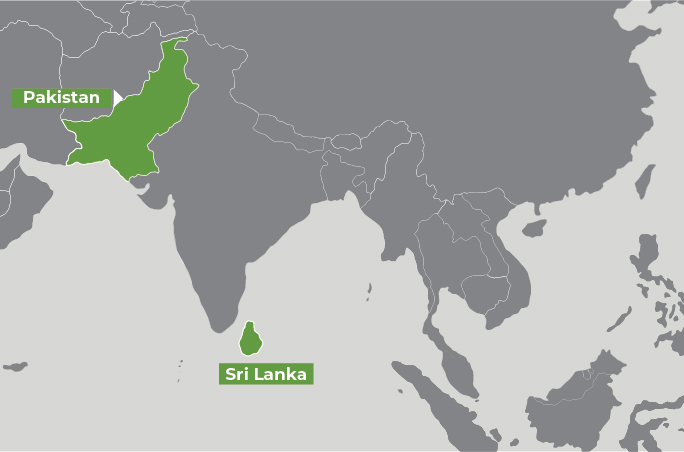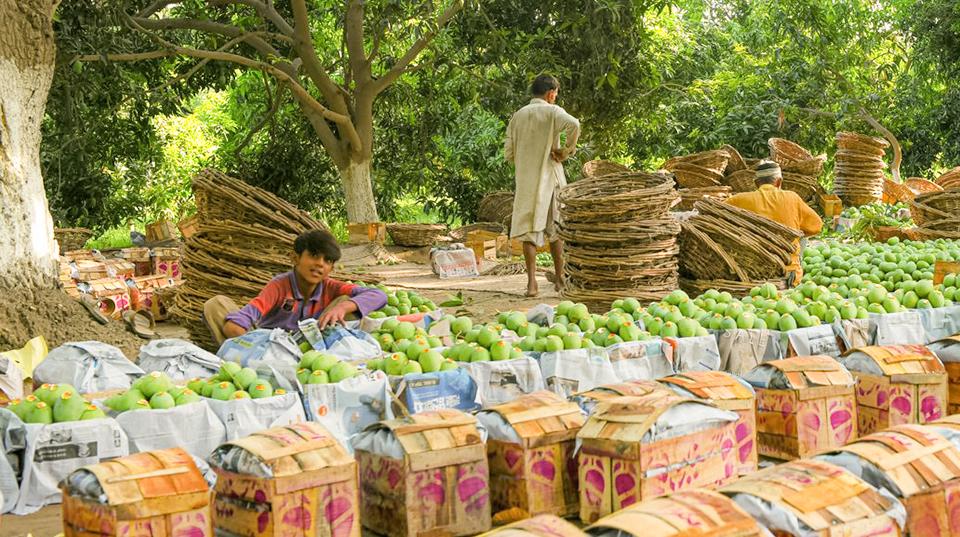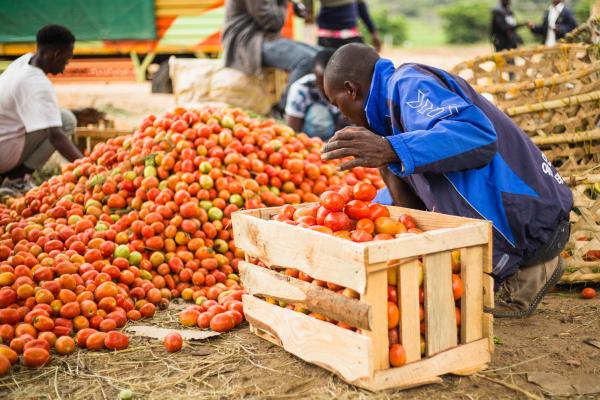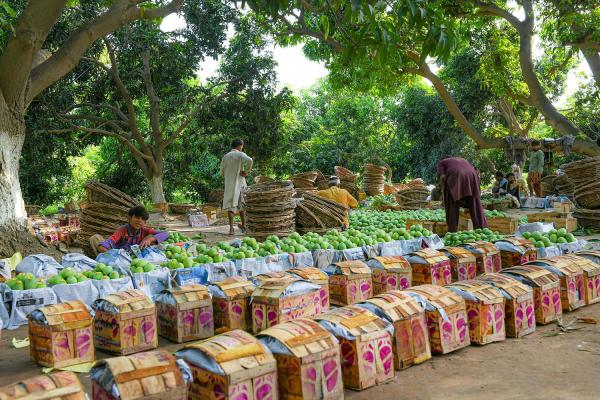Overview
This project aims to use mango and tomato as focal product lines to assess the nature, extent and the underlying causes of food loss, and demonstrate the effectiveness of a set of innovations in driving behavioural change that results in loss mitigation.
In Pakistan and Sri Lanka fresh fruits and vegetables are valued for their superior nutritional and social values, and as sources of cash income for farmers. They are also regarded as a foundation for new agribusiness value chains, bringing benefits to both rural and urban communities.
Maintaining the quality and freshness of fruits and vegetables under humid tropical conditions in these countries is a challenge. Improving supply chain practices that avoid large food losses during seasonal gluts, and during transport, storage and handling, can improve farmer incomes and deliver benefits across the value chain including to consumers.
Progress towards modern food systems in both countries is continuing. However, the gap between desired change and current practices is large. In many countries, production practices that create greater value for consumers are presenting new opportunities for farmers. This can be achieved by working closely with value chain partners, prioritising ways to remove barriers, and making practice change worthwhile.
Extending such an approach can help farmers gain more stable incomes, adapt to change including climate change, increase investment in modern value chains, and improve food quality and diversity for consumers. The ensuing reduction in food loss and waste can improve environmental outcomes and decrease the costs for value chain participants.
Using mango and tomato as focal commodities, this project aims to develop the capability to model cost-productivity trade-offs in loss reduction at primary production to processing stages. It will simultaneously capture the response drivers of food security (availability, accessibility and utilisation of food), business competitiveness (stability and profitability) and sustainability (greenhouse gas emissions, input use intensities, and relevant Sustainable Development Goal indicators) in representative regions in Pakistan and Sri Lanka.
The project will collect data and assess interventions—potentially including e-commerce—using mixed methods approaches, including load tracking, focus group interviews, questionnaire-based surveys, and different sampling and quality assessment methods. This will develop a comprehensive understanding of the current state of food loss, identify intervention needs, and assess interventions by region, supply chain stage, and sectors.
This project is part of the Food Loss Research Program—a partnership between ACIAR and Canada’s International Research Development Centre. The program works with partners in developing countries to address food loss through innovative, locally driven solutions.
Expected project outcomes
- Reduced post-harvest food losses through the development and adoption of information-led coordination technologies (such as mobile apps and e-commerce platforms) that help producers understand what consumers want in terms of food attributes and better match supply to demand.
- Post-harvest loss reduction through improved service delivery technologies using e-commerce and knowledge sharing applications to align production and business practices with consumer preferences.
- Strategies to manage value chain scheduling and contracting, and quality-focused handling in tomato and mango value chains are identified.
- Pathways emerge that help mango and tomato smallholder farmers shift from semi-subsistence farming to more efficient commercial farming.








